Using tiny batteries, researchers hope to power ever-smaller computers and advance the Internet of Things and ubiquitous computing.
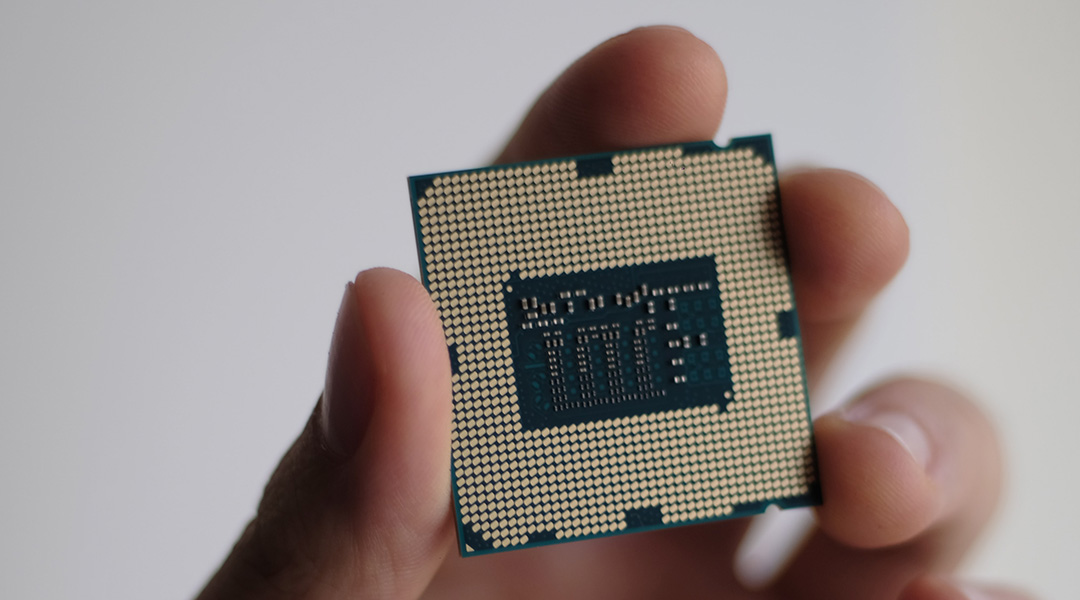

Using tiny batteries, researchers hope to power ever-smaller computers and advance the Internet of Things and ubiquitous computing.
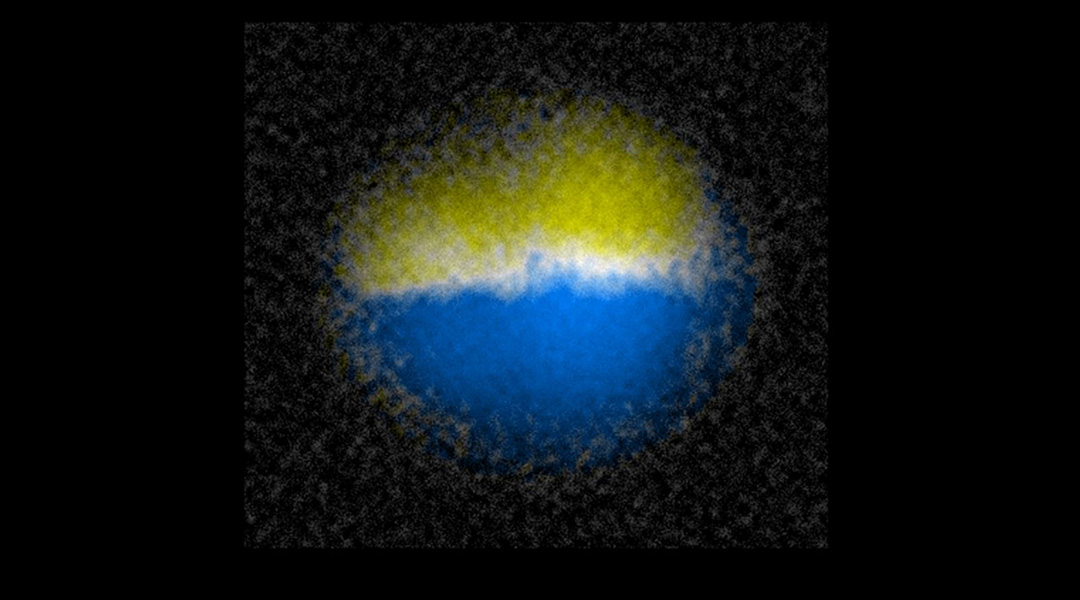
Researchers have discovered how to create and manipulate a quantum object called a “domain wall”, which exhibits particle-like properties.

Astrophysicist and retired NASA astronaut Steven Hawley takes us through his fascinating career.

Using an artificial neural network and AI, researchers are developing a powerful computational tool to model particle physics following the Big Bang.
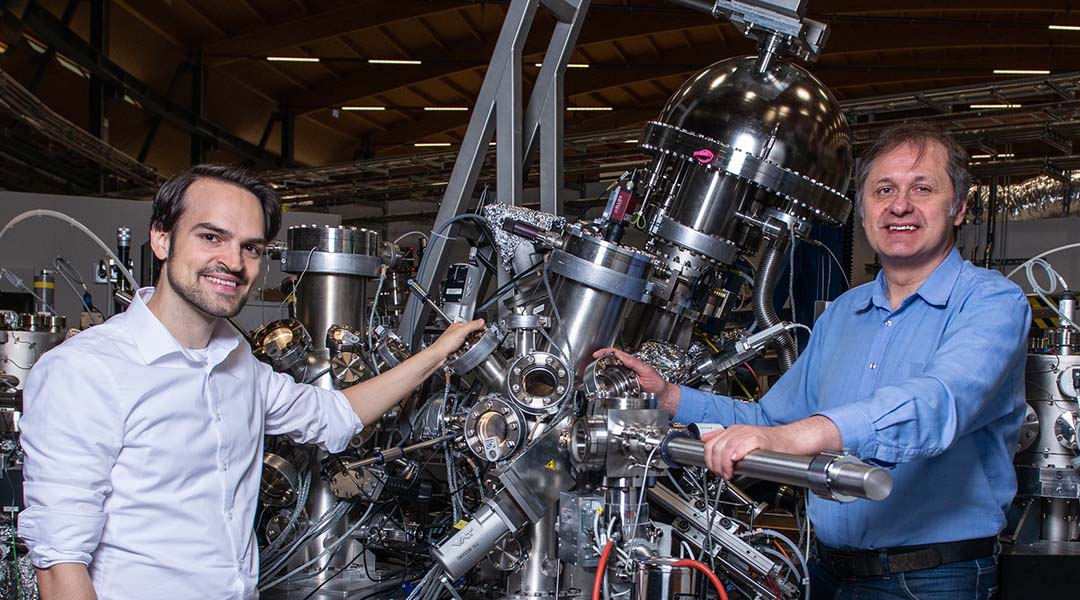
A new endeavor explores the idea of topological qubits that are easy to engineer for error-free quantum computing.
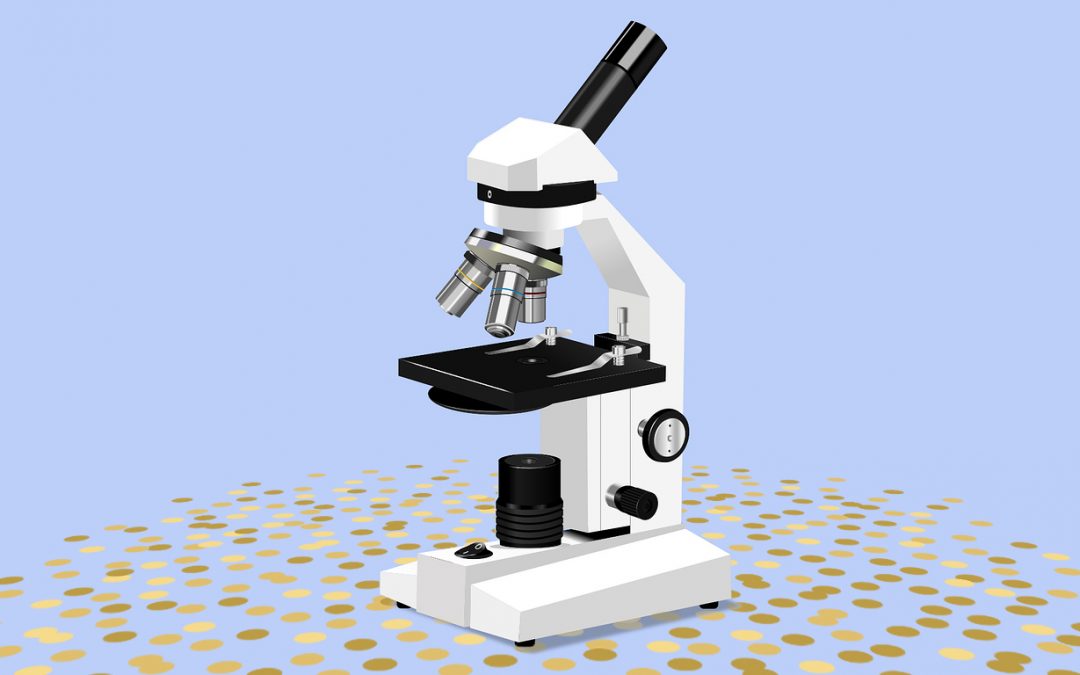
Catch up on some of the most exciting and impactful developments in science from this year, published on ASN and selected by our editors.
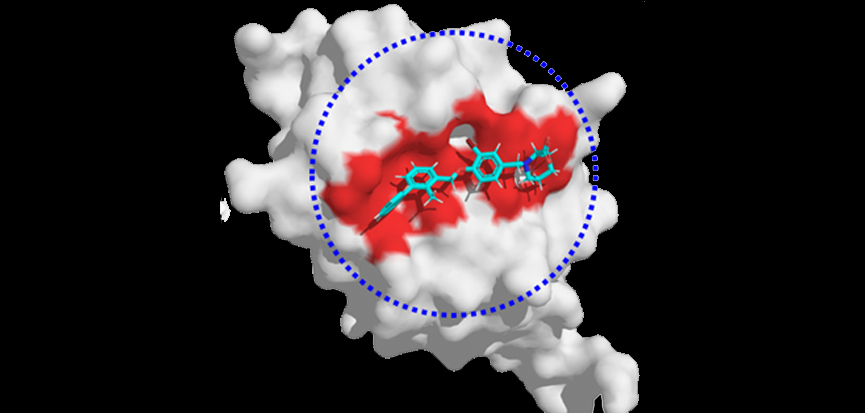
Artificial intelligence and machine learning are playing increasing roles in drug discovery, potentially saving significant time and money.

What good is a fast computer if you can’t rely on it?

Wearable devices and gadgets have surged in popularity, but researchers say that current ethical frameworks need to catch up with research to protect study participants.

An artificial synapse capable of simultaneously detecting neurotransmitters and light mimics memory and learning processes found in the brain.